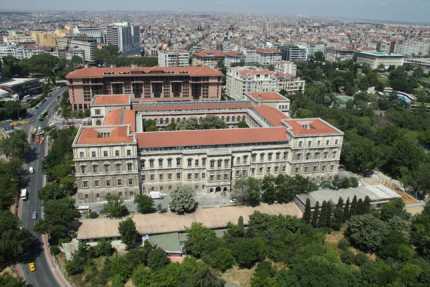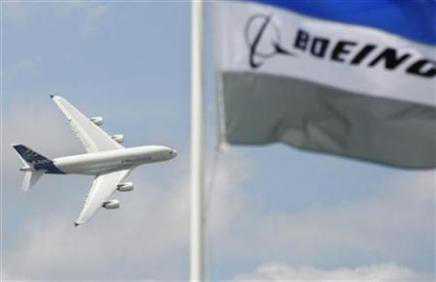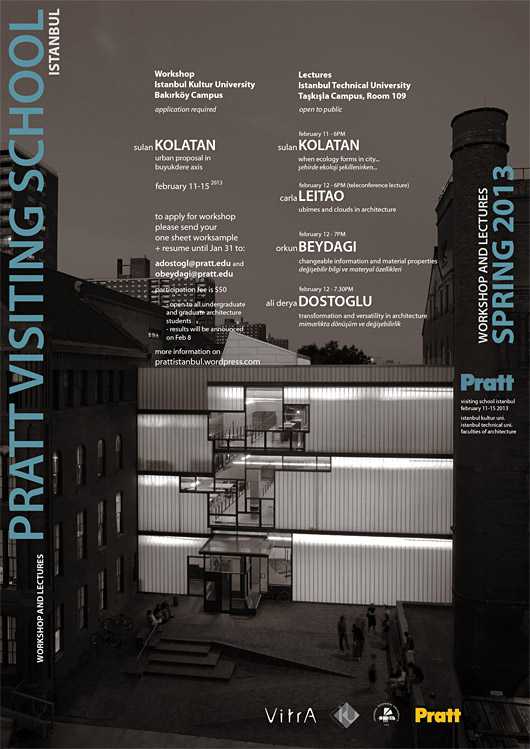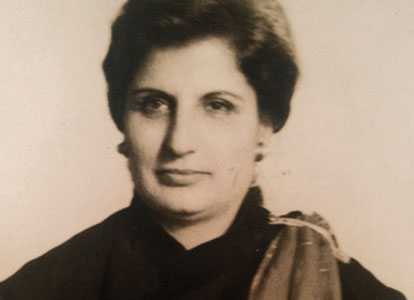Hesperus is Bosphorus
A group blog by philosophers in and from Turkey
Barry Allen (McMaster) at Istanbul Technical University, 08.10.2013
KNOWLEDGE AND WISDOM IN COMPARATIVE PERSPECTIVE
This talk is an essay in Comparative Philosophy, comparing ancient and modern western ideas of knowledge and wisdom with the conception found in classical Chinese thought. Compared with the Greeks and their contemplative theory the Chinese are pragmatists. Compared with the Moderns and their epistemology the Chinese are postmodern. Problematic ideas of truth and representation play no part in their understanding of knowledge or its value. Nor does their perplexity about knowledge turn on untenable dichotomies like mind and matter, being and becoming, or appearance and reality. Their questions concern, for example, the relation of knowledge to wisdom and virtue; the limits of its effectiveness; and the right appreciation of its contribution to civilized life. These are not logical but ethical questions, questions not about essence or being but quality and value. What desirable quality distinguishes knowledge? What value makes it wise and worth pursuing?
13:30 ITB Seminar Room
Istanbul Technical University
Ayazağı Campus (which is in Maslak not Ayazağı!)
Fen-Edebiyat Fakultesi
Right by the İTU-Ayazağı metro station
Professor Allen is a visitor in the Department of Philosophy at Boğaziçi University for the current semester.
His homepage at McMaster http://www.humanities.mcmaster.ca/~philos/people/profile_allen.php
via Barry Allen (McMaster) at Istanbul Technical University, 08.10.2013 | Hesperus is Bosphorus.






